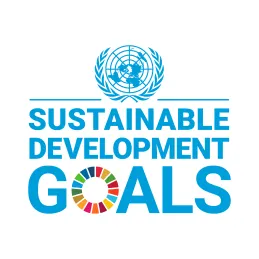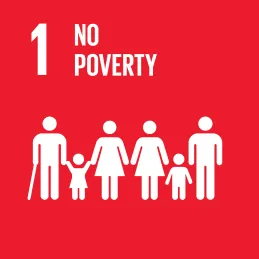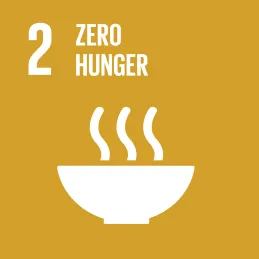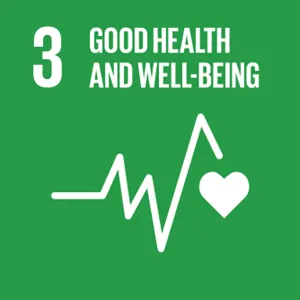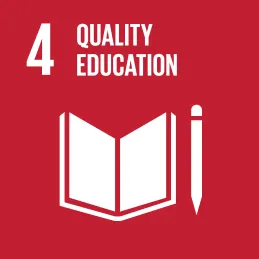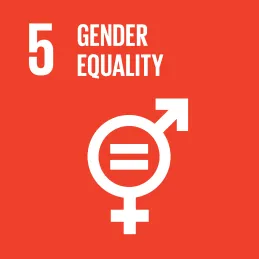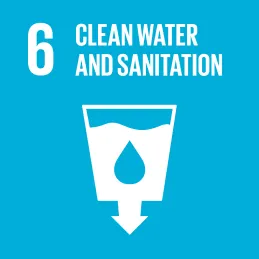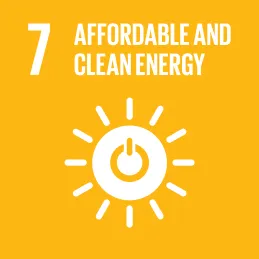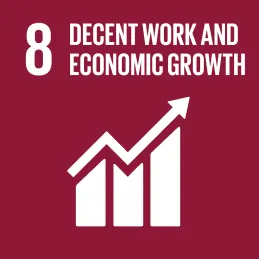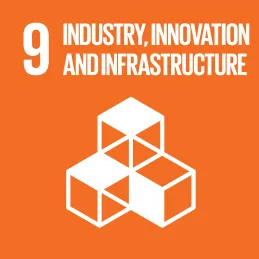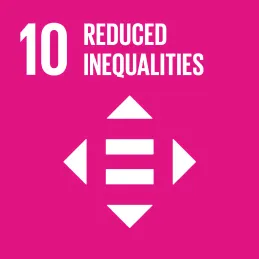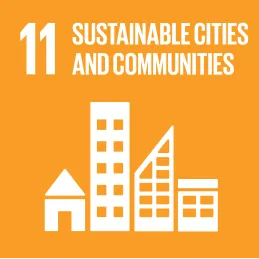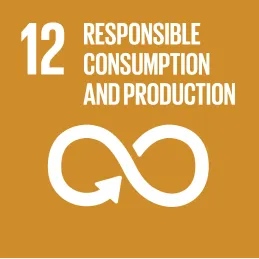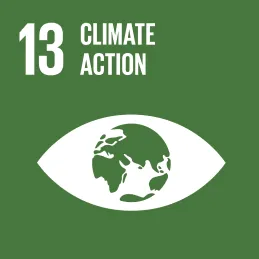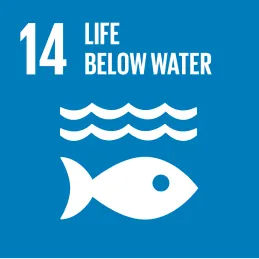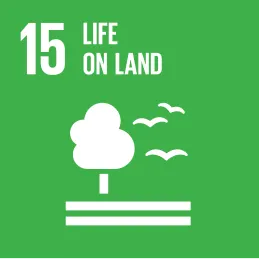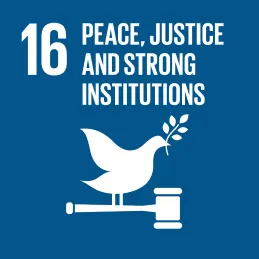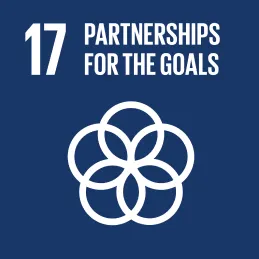 Annual Impact Review 2024
Annual Impact Review 2024
To deliver on the United Nations’ Agenda 2030 and the 17 Sustainable Development Goals (SDGs), significant capital is needed. When Agenda 2030 was launched in 2014, UNCTAD estimated that annual investments in the range of US$ 5-7 trillion were required to deliver on this agenda. The annual investment gap in developing countries alone was estimated at around US$ 2.5 trillion per year, a gap that today has swelled to US$ 4.3 trillion per year. These financial needs offer a significant opportunity for investors to support the global sustainability agenda. Trill Impact intends to utilize this opportunity in mature as well as developing countries by contributing to solutions through our three investment advisory strategies.
Trill Impact actively supports this agenda. We seek to invest in developed and Emerging & Frontier markets through our three investment strategies – Private Equity, Ventures and Microfinance, all aimed to serve the global development agenda as expressed by the SDGs. A core and common feature of all investment strategies is their strong focus on means of implementation—i.e. mobilising financial resources, capacity-building and technology, as well as data and institutions – where needs are underserved.
Learn more about each of the 17 SDGs:

